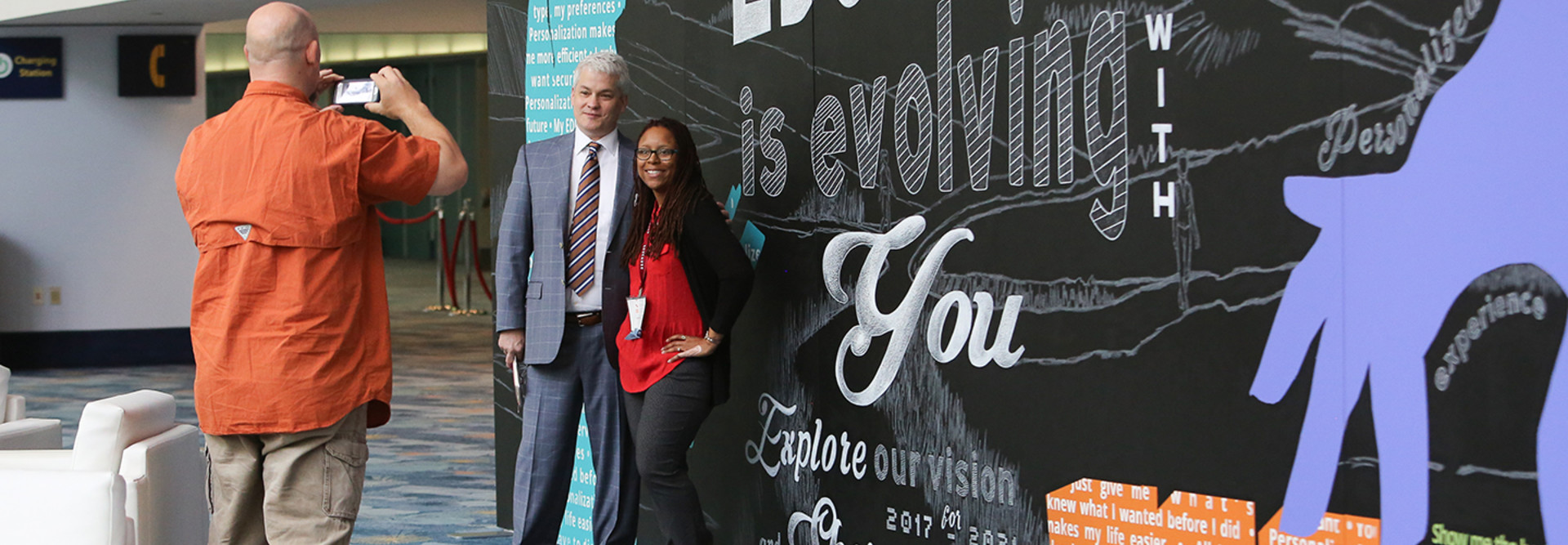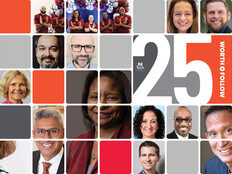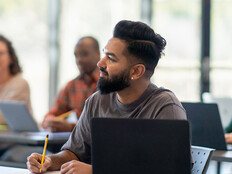Q&A: John O'Brien Gives the Inside Scoop on the EDUCAUSE 2017 Conference
The field of educational technology stays busy in every season, but I find autumn to be an especially exciting time. Campuses all over the country are humming with the start of the academic year, and IT professionals and educators are embarking on new initiatives. Fall also, of course, brings the annual EDUCAUSE conference, one of my favorite events in our field. This year’s event will be held Oct. 31–Nov. 3 in Philadelphia.
As CEO John O’Brien points out, EDUCAUSE is more than a conference. It is a community of peers who are available year-round when we need someone else’s perspective, expertise, advice, best practices or simply shared experience in the trenches. EdTech checked in with O’Brien to see what’s in store for this year’s conference.
EDTECH: As EDUCAUSE put together this year’s conference, did any major trends or themes stand out?
O’BRIEN: Our programming is developed by a group of members, so it always reflects the topics that are front-of-mind for them: the most pressing challenges and the most exciting opportunities facing our community. Major themes we’ve seen emerge this year are using technology to support student success and to enable a more data-driven decision-making environment on campus. Our member colleges and universities are analyzing and dissecting data at a rate we’ve never seen before, and the direction these metrics provide for boosting student success is crucial.
Partnership across institutional units and divisions is also a growing trend I’m thrilled to see highlighted this year. It’s not about the technology; it’s what we do with it that counts, and by advancing collaboration across campus, we are able to amplify the impact of IT.
And, while the EDUCAUSE annual conference is a gathering of people, not a collection of tech tools, I can’t help but be excited to see sessions featuring the newest advancements and ideas about augmented reality, virtual reality and artificial intelligence.
EDTECH: How do you go about choosing speakers that you believe will resonate with the EDUCAUSE audience?
O’BRIEN: We choose speakers with great care. Sometimes the connections are obvious and other times they are more nuanced. I’m eager to see the reception and reaction to our three speakers this year: Michio Kaku, Katherine Milkman and Temple Grandin. This year, you can see a deliberate intention to feature a diversity of perspectives, from views of the future to views of human behavior. We want our community to come away from Philadelphia inspired, challenged and excited to bring the ideas they hear back with them to campus.
EDTECH: Are there any particular sessions or events you'd like to highlight?
O’BRIEN: That’s nearly impossible because I’m so proud of the depth and breadth of our sessions and events, and everyone makes their conference experience their own — as they should. Along with sessions, I will say I’m excited to preview the next-generation innovators impacting higher education in our Start-Up Alley and our Edtech Playground. I’d also suggest checking out Community Central, a new space that encourages attendees to meet, mingle, network and relax. I highly recommend the session on the EDUCAUSE 2018 Top 10 IT Issues. The report will be released in January, but session attendees receive an exclusive preview of the list.
EDTECH: What are one or two key takeaways that you hope everyone will take from this year’s conference?
O’BRIEN: I hope and trust that everyone will come away inspired by our dynamic, vibrant community. Our strength is in the sheer variety of perspectives, challenges, opportunities and solutions that animate the conference experience. My main hope is that attendees come away dramatically reminded of this tremendous resource that continues well after we all return home. The conference is spectacular, but EDUCAUSE is not a conference — we’re a community. This event is one of many, many opportunities throughout the year to share insights, discuss innovations and use our collective strength for the common good.
This article is part of EdTech: Focus on Higher Education’s UniversITy blog series.










